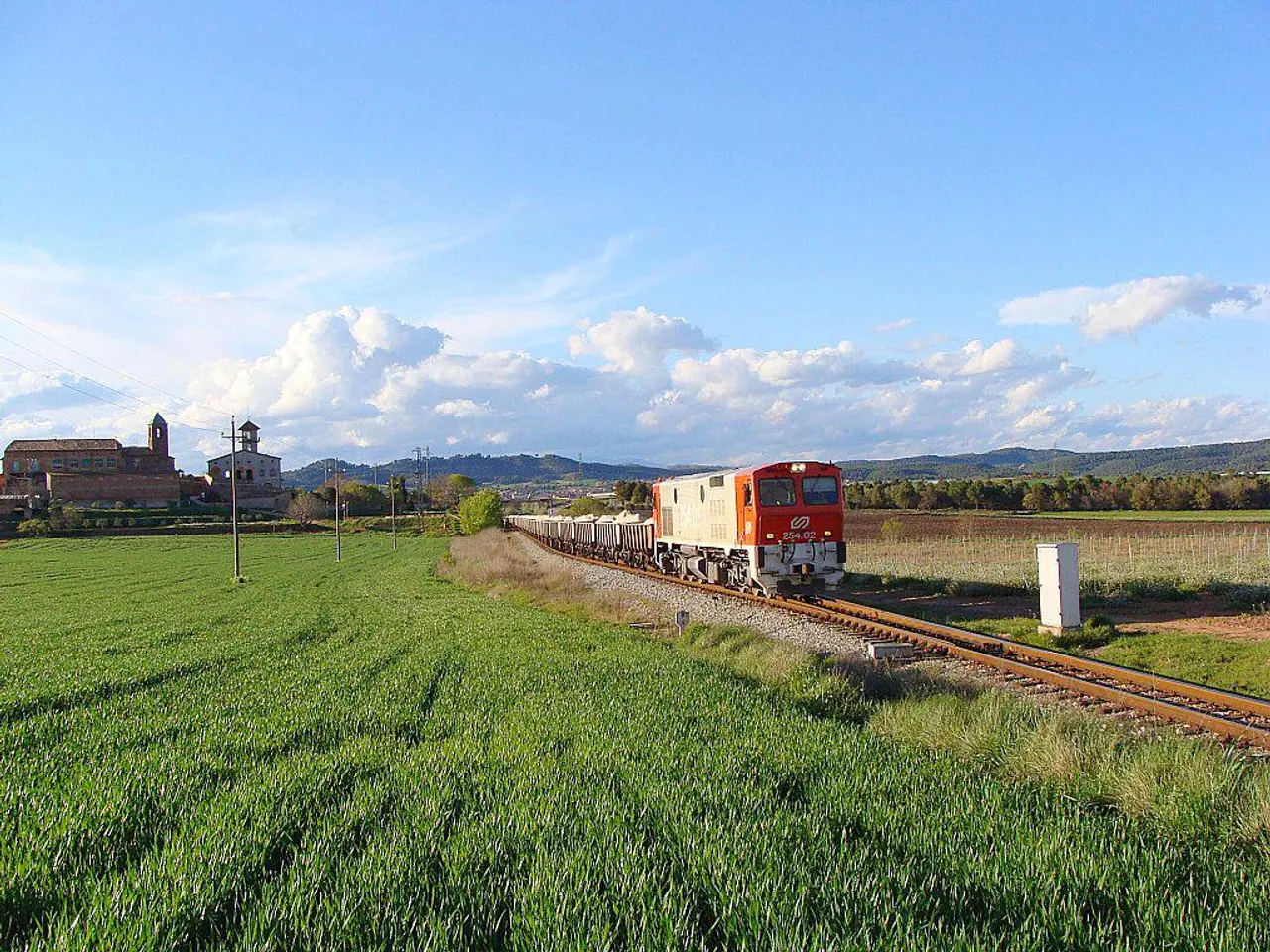Increase in German Railway Ticket Prices Criticized by Eder Against the Bund
Germany's Public Transport Ticket (IRS) Faces Price Hike Amidst Budget Strains
Germany's popular public transport ticket, known as the Deutschlandticket (IRS), is set for an 8.6 percent price increase, surpassing the current general inflation rate of around 2.1 percent. This decision has sparked criticism and concerns from various state governments.
The ticket, which initially launched at 49 euros in May 2023 and increased to 58 euros in January 2023, will now cost 63 euros. Winfried Hermann, Eder's colleague from Baden-Württemberg, and Bavaria's department head Christian Bernreiter have expressed their dissatisfaction with the price increase. Hermann maintains that the ticket is still a 'very good offer' compared to the prices of time tickets in metropolitan areas.
However, the states are facing significant financial challenges. Billions of dollars in gaps exist in the federal budget, and the funds allocated for the Deutschlandticket (IRS) are intended to offset revenue losses of transport companies. The states have agreed to contribute equally to the 3 billion euros in public funds that will be allocated to the ticket annually by 2030.
Despite the price increase, Federal Minister of Transport Patrick Schneider remains optimistic, hoping for new subscribers. Rhineland-Palatinate's Minister of Mobility, Katrin Eder (Greens), has criticized the federal government for not keeping its promises from the coalition agreement regarding the price increase of the Germany ticket (IRS). Eder also voices her disappointment about the ongoing dispute between the federal government and the states over financing.
Eder believes a monthly price of 69 euros could be a turning point for people to stop using the Germany ticket (IRS). She suggests that companies should subsidize the ticket for their employees as a potential solution. Job tickets, however, are not used as much in Rhineland-Palatinate, according to Eder.
In response to criticisms about frequent train cancellations and delays, Eder calls for a reliable offer from the railway. She also points out that the federal government has recently increased the commuter allowance for rural areas.
To address the issue of price development, an index is planned to be established, according to Bernreiter. This index will help in adjusting the ticket price based on the development of energy and track prices.
Niedersachsen has expressed its discontent about having to pay more than 1.5 billion euros per year for the financing of the Deutschlandticket (IRS). This disagreement adds to the ongoing financial dispute between the federal government and the states.
In conclusion, the Deutschlandticket (IRS) faces a significant price increase amidst budget strains and ongoing disputes between the federal government and the states. The states are facing financial challenges, and the ticket price adjustments are intended to offset revenue losses of transport companies. Despite the criticisms, the federal government and the states aim to find a solution that benefits both the public and the transport industry.
Read also:
- Federal petition from CEI seeking federal intervention against state climate disclosure laws, alleging these laws negatively impact interstate commerce and surpass constitutional boundaries.
- Duty on cotton imported into India remains unchanged, as U.S. tariffs escalate to their most severe levels yet
- Steak 'n Shake CEO's supposed poor leadership criticism sparks retaliation from Cracker Barrel, accusing him of self-interest
- President von der Leyen's address at the Fourth Renewable Hydrogen Summit, delivered remotely




